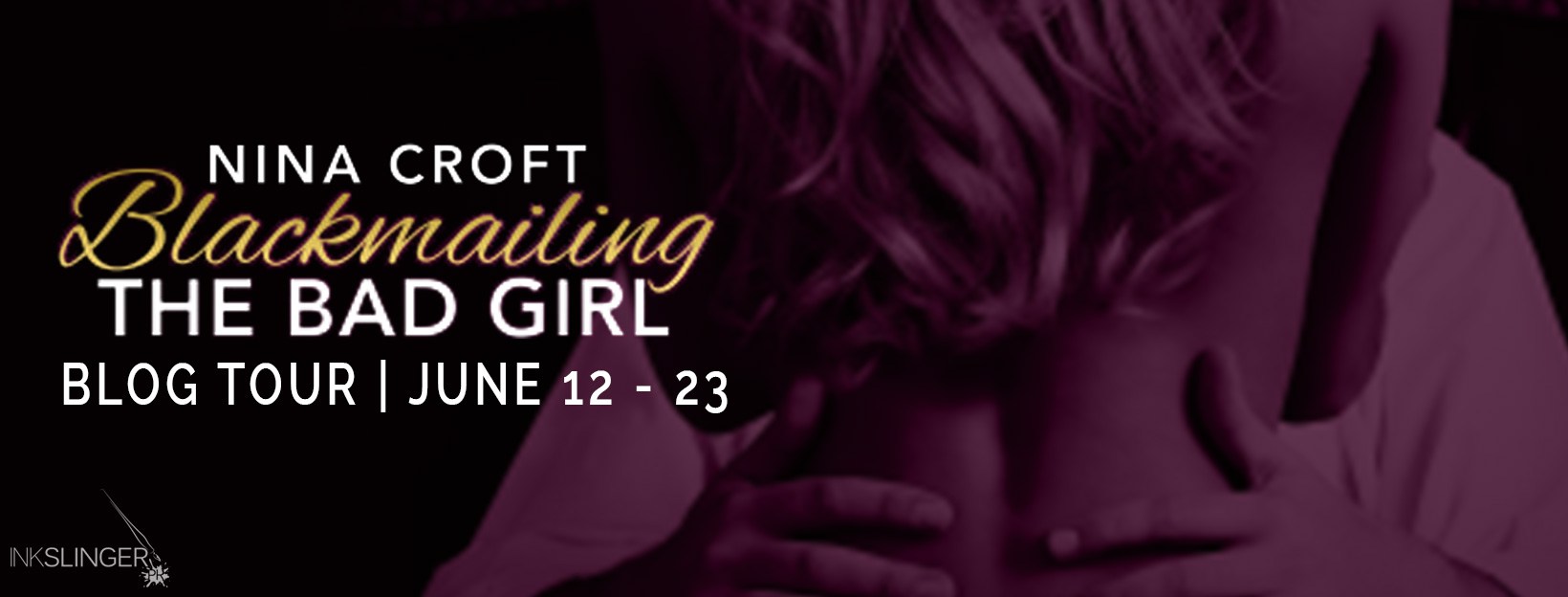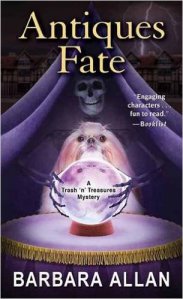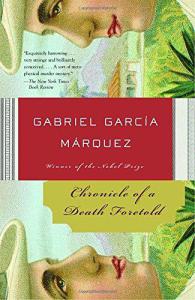Today I’ve invited Candace Robb to Ascroft, eh? to tell us about her new Kate Clifford historical mysteries series. Welcome Candace. Let’s get started, shall we?
Tell us about your new series.
CR: Set in late medieval York, 26 years after the most recent book in my Owen 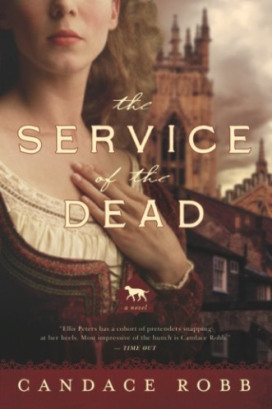 Archer series, my new crime series follows Kate Clifford, a young widow from the northern border with Scotland, as she navigates her way through the clash between the royal cousins King Richard II and Henry Bolingbroke. The first book in the series, The Service of the Dead, is set in winter, 1399, as rumors spread that King Richard declares that his cousin, Henry Bolingbroke, has forfeited his right to the inheritance of his father, John of Gaunt, Duke of Lancaster. Such a betrayal will not go unchallenged by the Lancastrian heir. A civil war is inevitable. That’s the historical backdrop.
Archer series, my new crime series follows Kate Clifford, a young widow from the northern border with Scotland, as she navigates her way through the clash between the royal cousins King Richard II and Henry Bolingbroke. The first book in the series, The Service of the Dead, is set in winter, 1399, as rumors spread that King Richard declares that his cousin, Henry Bolingbroke, has forfeited his right to the inheritance of his father, John of Gaunt, Duke of Lancaster. Such a betrayal will not go unchallenged by the Lancastrian heir. A civil war is inevitable. That’s the historical backdrop.
But what most excites me about this series is Kate herself. She’s a kickass woman skilled in archery and the battle axe. Her late husband left his business buried in debt, a secret he managed to keep from his partners and his wife; a savvy businesswoman, Kate’s working hard to pay off the debt while resisting her brother-in-law’s attempts to arrange a marriage for her. His motivation is clear—her late husband’s will stipulates that Kate keeps the business until she remarries, at which time it goes to her brother-in-law. Nasty will, eh? Fairly common in medieval England, sad to say. In fact, Kate’s story is not uncommon. I’ve sought out the stories of women who were necessarily strong to build Kate’s background.
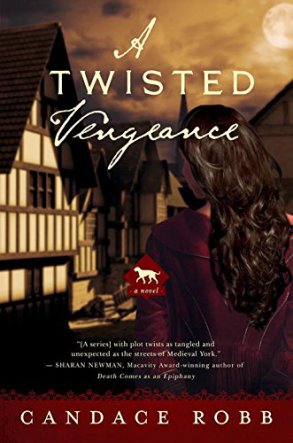 And I’m having fun with this young widow determined to choose her own future. Kate’s household includes a former assassin turned cook, a burglar turned maidservant—both fiercely loyal to her, a pair of Irish wolfhounds, and her late husband’s two bastard children—whom Kate loves as her own. With such martial/criminal/animal protection you would think no one in their right mind would mess with Kate, but her life is complicated and her past even more so. And, of course, there are many people not quite in their right minds, especially in the midst of civil war, which begins in the second book, A Twisted Vengeance.
And I’m having fun with this young widow determined to choose her own future. Kate’s household includes a former assassin turned cook, a burglar turned maidservant—both fiercely loyal to her, a pair of Irish wolfhounds, and her late husband’s two bastard children—whom Kate loves as her own. With such martial/criminal/animal protection you would think no one in their right mind would mess with Kate, but her life is complicated and her past even more so. And, of course, there are many people not quite in their right minds, especially in the midst of civil war, which begins in the second book, A Twisted Vengeance.
What leads Kate to sleuthing? She must protect her reputation, especially because one of her businesses counts on discretion: she runs a guest house in which wealthy burgesses and their lovers enjoy evenings in luxurious bedchambers. And, in the second book, Kate is busy protecting her mother, Eleanor, who refuses to explain why she fled Strasbourg, though it’s clear she harbors dangerous secrets.
What prompted you to write about this historical event?
CR: Ever since I began researching the city of York for my Owen Archer mysteries I’ve wanted to write about York’s tragic role in the troubled reign of King Henry IV, beginning with Henry’s landing on the coast of Yorkshire to challenge his cousin, King Richard. What writer can resist a civil war and a paranoid king?
How closely did you stick to the historical facts? If you used them loosely, how did you decide whether to deviate from them?
CR: With my background in historical research, I have no interest in playing fast and loose with history. But I also know full well how differently two historians might interpret the same data, and that we are always finding evidence that overturns what we thought we knew. That’s why I pay close attention to the latest research. In this series I stick to what we know (or think we know) about Henry of Lancaster’s usurpation of his cousin’s throne as the historical backdrop. I also do my best to present York and everyday life as accurately as a twenty-first century person can. But Kate is a fictional character, as are many of the other characters in the books, and the mysteries themselves are my creations, albeit grounded in historical research. When I deviate from historical facts I explain why in my Authors Note.
What research did you do for this book?
CR: As far as research, it’s ongoing. For this series I’ve devoured the most recent scholarship on the conflict between Richard II and Henry of Lancaster, York’s role in the conflict and the early years of Henry IV’s reign, Richard Scrope the Archbishop of York, widows, bawds, beguines, and York merchants in the early 15th century. I’m just back from one of my many visits to York where I met with historians and archeologists, filling in the gaps in my knowledge.
Do you use a mixture of historic figures and invented characters in the novel. Which is more difficult to write? Which to you prefer to write and why?
CR: I do use a mixture. I don’t think one is more difficult than the other, but it’s far more satisfying to write about a character whose fate isn’t already recorded.
In an historical novel you must vividly re-create a place and people in a bygone era. How did you bring the place and people you are writing about to life?
CR: Detail detail detail. And I imbue each of my characters with a rich history and emotional life, crucial in all fiction.
There often seems to be more scope in historical novels for male characters rather than female characters. Do you prefer to write one sex or the other. And, if so, why?
CR: I would say a male sleuth has a potentially wider range of activities in 14th-15th century England than a female sleuth, which is why I crafted Kate Clifford’s background with an eye toward making plausible the ways in which she seems unconventional. Actually, the sleuths who are the most engaging are unconventional, regardless of sex. As I’ve mentioned, Kate’s background is a combination of women I’ve found in the records, women who took control of their lives and overcame adversity. They are there in the archives if you look; strong women aren’t a modern phenomenon. They took charge of manors and farms when their men went off to war, took over businesses when widowed. It’s great fun to bring one of those women to life and see just what she can accomplish.
That doesn’t mean I don’t enjoy writing Owen Archer, my sexy male sleuth! Or Kate’s cook, Berend.
Thanks for answering my questions, Candace. Kate sounds like an intriguing character and I look forward to reading about her.
Readers can learn more about Candace Robb by visiting her website. You can also find her on Facebook, Twitter, and Goodreads. The Kate Clifford mystery series is available on Amazon and other online retailers.
About Candace Robb: Candace did her graduate work in medieval literature and 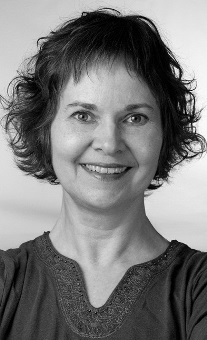 history, and has continued to study the period while working first as an editor of scientific publications and now for some years as a freelance writer. Candace has published 13 crime novels set in 14th century England, Wales, and Scotland. The Owen Archer series is based in York and currently extends over 10 novels beginning with THE APOTHECARY ROSE; the most recent is A VIGIL OF SPIES. The Margaret Kerr trilogy explores the early days of Scotland’s struggle again England’s King Edward I, and includes A TRUST BETRAYED, THE FIRE IN THE FLINT, and A CRUEL COURTSHIP.
history, and has continued to study the period while working first as an editor of scientific publications and now for some years as a freelance writer. Candace has published 13 crime novels set in 14th century England, Wales, and Scotland. The Owen Archer series is based in York and currently extends over 10 novels beginning with THE APOTHECARY ROSE; the most recent is A VIGIL OF SPIES. The Margaret Kerr trilogy explores the early days of Scotland’s struggle again England’s King Edward I, and includes A TRUST BETRAYED, THE FIRE IN THE FLINT, and A CRUEL COURTSHIP.
Writing as Emma Campion, Candace has published historical novels about two fascinating women she encountered while researching the Owen Archer mysteries, Alice Perrers (THE KING’S MISTRESS) and Joan of Kent (A TRIPLE KNOT).
Candace was born in the Blue Ridge Mountains of North Carolina, grew up in Cincinnati, Ohio, and has lived most of her adult life in Seattle, Washington, which she and her husband love for its combination of natural beauty and culture. Candace enjoys walking, hiking, and gardening, and practices yoga and vipassana meditation. She travels frequently to Great Britain.
Advertisements Share this:

